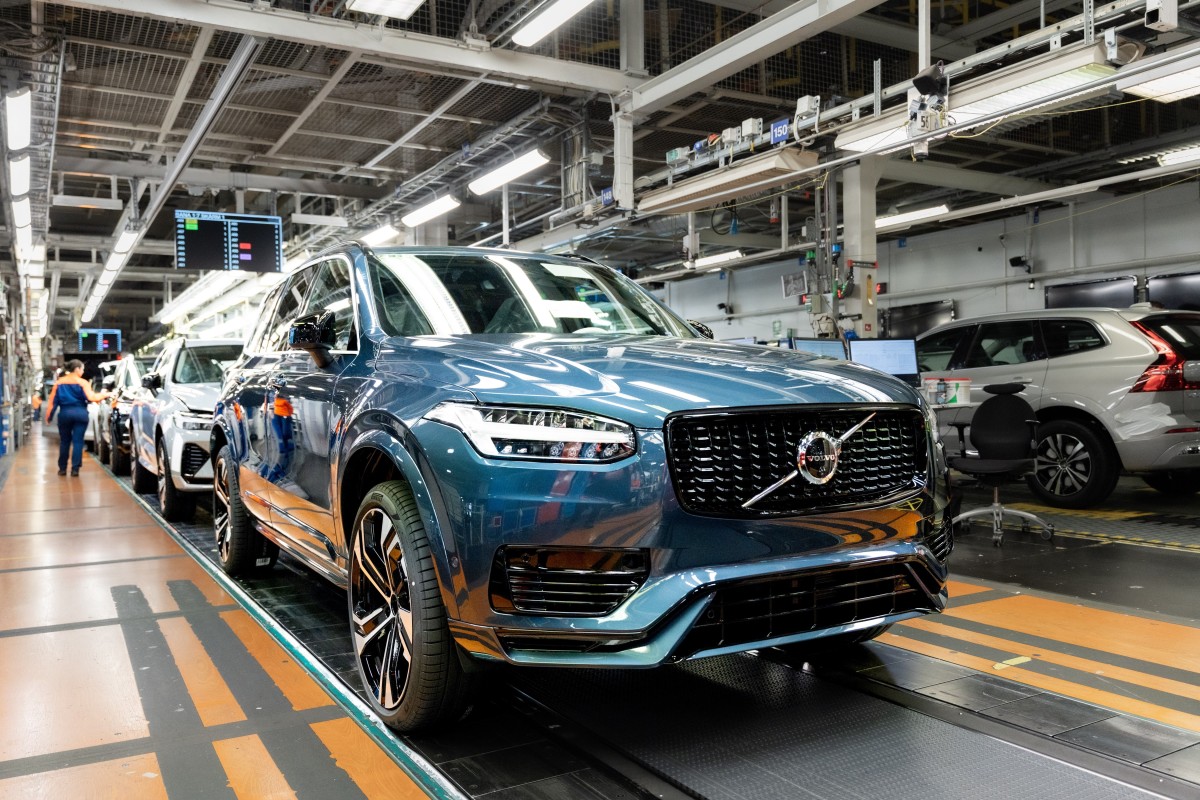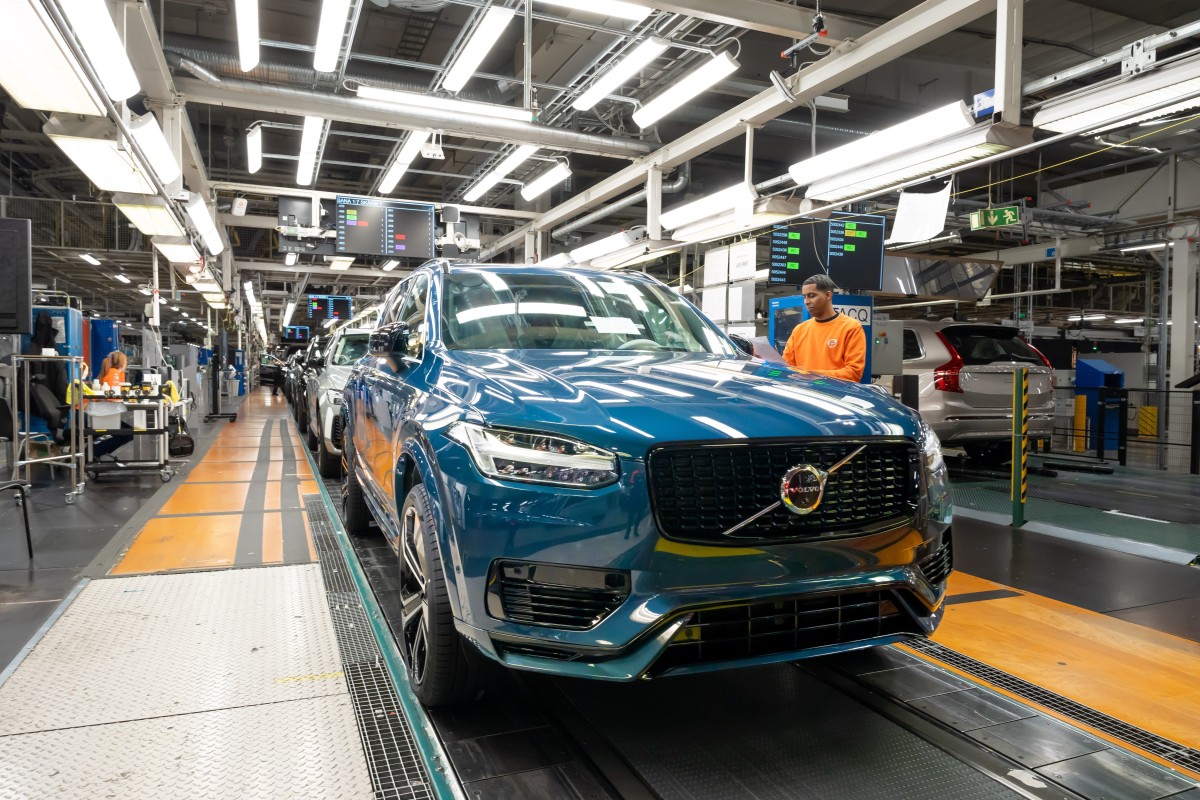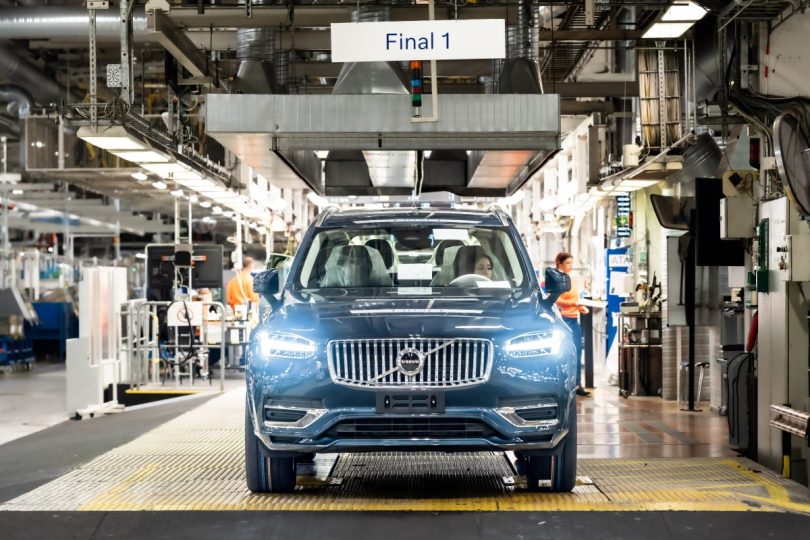At the Climate Week NYC in September last year, Volvo announced that their last diesel car will be roll out in early 2024. In February Volvo produced the last diesel-powered V60 at its Ghent production plant in Belgium. Now, Volvo’s last diesel-powered XC90 has rolled-off the brand’s manufacturing line in plant in Torslanda, Sweden. Both of these are a climacteric event in Volvo’s 97 years of automotive history.
Volvo’s Future Plans
Volvo at the Climate Week NYC revealed that by 2030 the brand plans to sell only fully electric cars. Furthermore, Volvo also announced that by 2040 the brand plans to become a climate neutral company. The carmaker has a clear and well-defined roadmap towards electrification, and it is one of the most ambitious transformation plans, reveals Volvo.
Volvo in November of 2022, sold all of their stake in Aurobay, the joint venture company along with Geely Holding that held all their remaining combustion engine assets. The brand is also no longer spending on R&D for the development of new internal combustion engines which reiterates the company’s electrification commitment.
Last Diesel-Powered Volvo XC90 SUV
For a long time Volvo’s diesel engine cars were known for their reliability and efficiency. In fact, Volvo’s diesel cars have played a significant role in the brand’s success. However, Volvo’s next step is towards the all-electric direction. The last Diesel Volvo XC90 in a Blue colourway rolled off the production line in Torslanda will be heading to the World of Volvo museum, and is not intended for sale.
According to Volvo, the majority of the cars that the brand sold in Europe in 2019 ran on diesel. While electric cars have just started to gain traction, most Volvo’s sales on the continent are from electrified cars. Volvo in the last year increased its sales of fully electric cars by 70 %, and the company’s global electric market share by 34 %.
Also Read: Maruti Suzuki emphasising Strong Hybrid technology in cars




